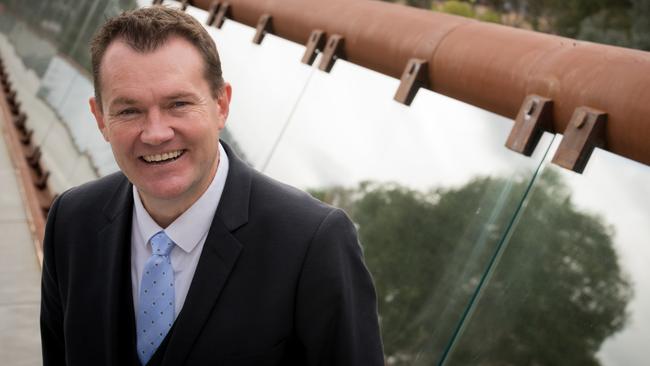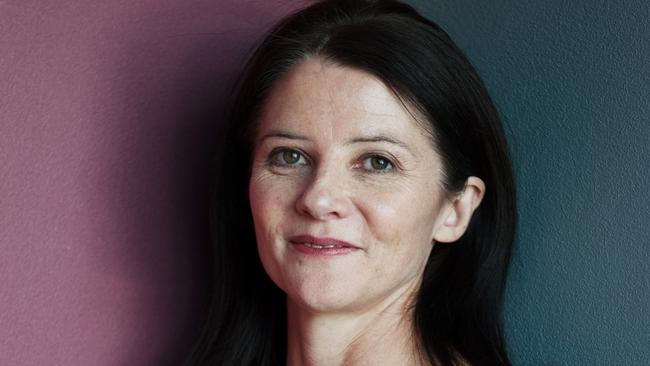People on salaries that include superannuation in their package are likely to lose some take-home pay as a higher proportion of their income gets diverted into super.
Accountants estimate the move could impact more than half the nation’s salary-earners, and is the first of five 0.5 per cent super rises legislated to occur on July 1 each year until 2025, when the compulsory superannuation guarantee (SG) contributions will reach 12 per cent.
Chartered accountant and Mr Taxman founder Adrian Raftery said “it’s going to suck” for some people.

“There will be a few people who won’t know about it and will hassle their HR department and say ‘what’s this? I’m getting less’,” he said.
“It’s going to be a way of life for the next few years.”
With 0.5 per cent of gross wages diverting to super, the net impact on take-home pay for workers on a 40 per cent tax rate would be about 0.3 per cent after tax, Dr Raftery said. That’s about $25 a month for a $100,000 salary package.
Minnik Chartered Accountants founder and CEO Leah Oliver said the move shifted workers’ earnings from being taken home to “being locked up until retirement”.
“For packaged salary workers, this will be the case, but also for non-packaged workers over time as employers bypass wage increases to counteract the SG hike,” she said.
“Generally speaking, most people prefer take home pay over super so they can save and manage their own funds rather than leaving them in the hands of an institution,” she said.
“For those who have no savings discipline, forcing them to save isn’t nearly as effective as educating them to save.”
Ms Oliver said packaged employees would make up the majority of Australia’s workforce today.

“So we are talking a mass percentage of workers sacrificing take-home for super,” she said.
HLB Mann Judd Sydney tax partner Peter Bembrick said “people will notice it, even if it’s a small amount”.
“It may impact your take-home pay so you have got to be aware of that,” he said.
Mr Bembrick said a majority of large companies now included super in their staffs’ salary packages, although it varied between individuals and employment agreements.
“At the end of the day they are still getting the same benefit – they’re just not seeing it in their take-home pay,” he said.
“It’s still their money.”
Dr Raftery said some employers would time the super increase with a July 1 inflation-linked pay rise, offsetting the loss from the SG change.
“A lot of proactive employers will give a heads up,” he said.
“It’s been quite a while since we have had an increase to the superannuation guarantee.”






Workers across Australia face a surprise pay cut when compulsory employer superannuation payments rise from 9.5 to 10 per cent of wages on July 1.